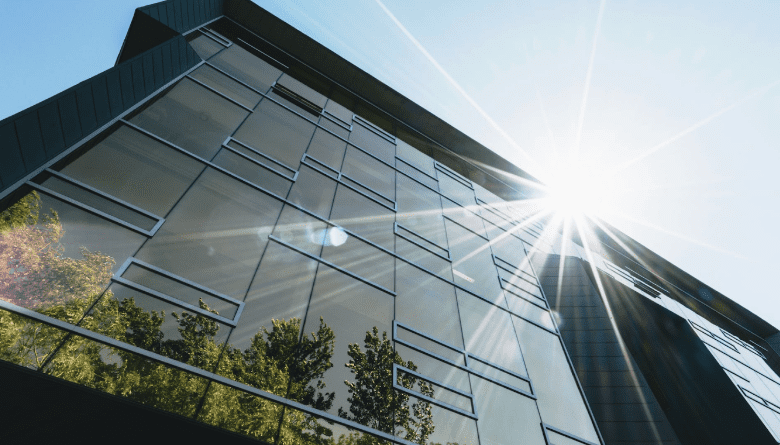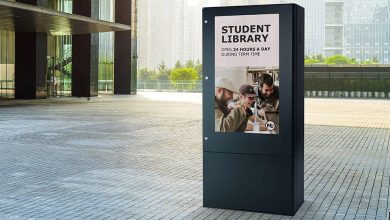How to Build an Energy-Efficient Building

Are you aware enough of the recent and rapid fluctuation in climate change? Do you now feel difficult to adjust the temperature inside the building? All these things happen because our buildings are not energy efficient and need a lot of extra energy to adjust the temperature.
The earth is getting hotter day by day due to uncontrolled human activities. We use a lot of natural resources to generate the required amount of energy. The overuse of resources is an ultimate threat to our environment and future sustainability as well. Experts recommend that we have to adopt the latest trend in this instance. Redesigning our buildings according to the energy-efficient approaches is an urgent need.
There are a lot of benefits of making a building energy-efficient. You can cut your utility bills down, this way. The sustainable strategies may also help to make it more heat resistant. Whereas the use of alternative energy resources and building an energy-efficient infrastructure would save the natural resources too. From the construction point of view, these buildings also reduce the budget of a normal conventional building.
In this article, we have dragged a few important practices to build an energy-efficient building that can help in bringing a green revolution to the construction industry.
1. Padding/Insulating the Building
The padding or insulating of the building will give you benefit in the colder weather. In the existing infrastructure, the walls and roofs are not insulated and hence lost a lot of heat. Therefore, the heating system inside the building needs a lot more energy to produce the required amount of heat. The overuse of energy will, obviously, put a burden on your bills. Heat, Ventilation, and Air conditioning (HVAC) are required to work harder in this uncertain condition to keep the internal temperature maintained.
Choosing an HVAC expert is as important as choosing the best heavy equipment trader. While constructing a building, always hire an expert HVAC contractor. He will advise you on the best solution based on your requirement. Always prefer your building location while installing the insulating system in the building.
2. Analyze Energy Consumption of Your Building
It is essential to analyze the energy consumption of your building before smearing any energy-efficient solution.
Gathering all the data from the metering device and accessing the reporting system may help you analyze the total consumption. Once you have all the details about energy consumption, you can easily control them. Limiting the extra consumption may save you from overbilling and extra usage of energy.
3. Avoid Air Outflow
Less air leakage is highly recommended for a building to be energy-efficient. Air-tightening is one of the solutions to keep the building from losing heat. During the construction of the building, it is necessary to design and implement airtightness even in windows, doors, and walls. The air barriers and gaps must be filled properly.
If any space and leakage are left unattended, it may cause the loss of heat on cold days, while on the hot days the AC cooling will also disturb and you will not get the required temperature inside the building. The disturbed temperature will also increase the billing of electricity. So, make sure to design the building having no air leakage.
4. Keep an Eye on Appliances
In commercial buildings, different kinds of appliances are used including a computer system. All these appliances use energy to operate. Some of them use a lot more energy than others. It is recommended to regularly inspect the appliances and replace them if they are old. Because the older appliances utilize more energy that may put weight on your billings. Further, If the appliance is using the energy, it releases some heat as well. Make sure to properly vent those releasing heat so that your building temperature may be maintained.
Experts also suggest using energy-efficient gadgets. Nowadays, a lot of energy-saving gadgets are available. Try to hand on them to keep the building efficient.
5. Solar Energy
Among different alternatives of energy, solar energy is widely used. In many countries around the world, the adoption of solar energy has become very common. Some commercial buildings have already shifted their entire setup to solar energy. It is, indeed, a cost-effective method to utilize solar energy as your required electrical energy.
If we talk about the benefits we can get from solar energy, our list will not end. Unluckily the initial investment resists the business owners to shift to this alternative. Whereas, they avoid the future benefits. It can reduce your utility bills to almost zero. The only cost you have to pay is its maintenance. Solar energy is an advanced step toward a green solution in the construction industry as well.
Bottom Line
An energy-efficient building is a green and sustainable adoption of construction energy. This approach will benefit both the construction contractor and the building owners at once. Finding an expert HVAC contractor is as important as finding a reliable heavy equipment trader. The energy-efficient building help to decrease the utility bills while maintaining the sustainability of the environment. Constructing an insulated building, making it airtight, and shifting to solar energy are a few basic approaches to building an energy-efficient infrastructure.





